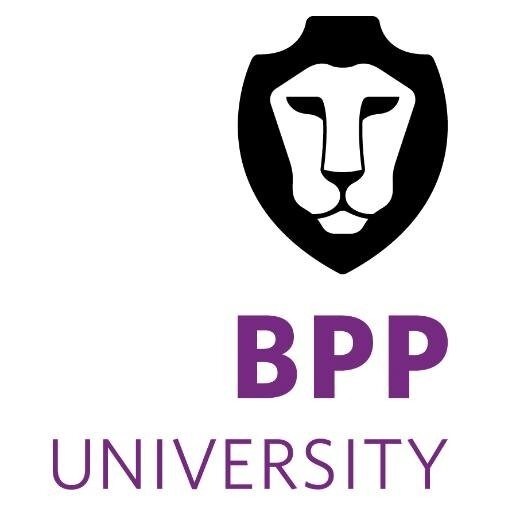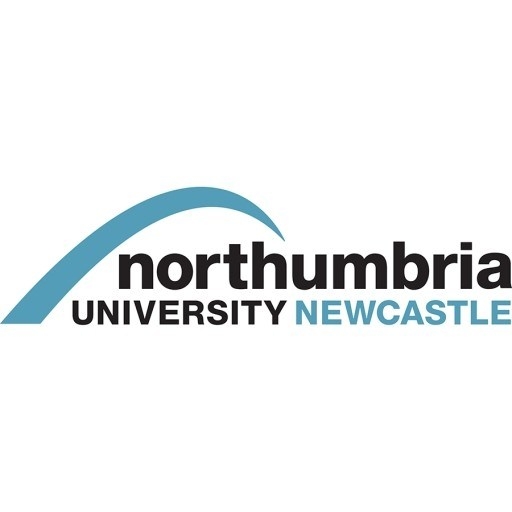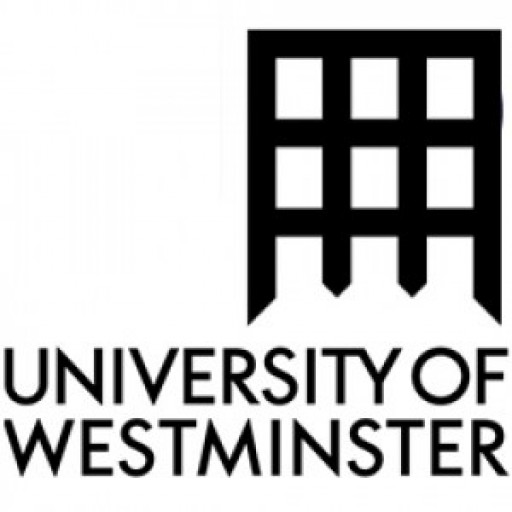Photos of university / #ucl
Management of Complex Projects at University College London is an advanced taught postgraduate programme designed to equip students with comprehensive skills and knowledge required to successfully lead and manage large-scale, multifaceted projects across various industries. This programme emphasizes strategic planning, risk management, resource coordination, and innovative problem-solving techniques essential for navigating the complexities inherent in modern project environments. Delivered by world-renowned experts in project management, the course combines rigorous academic theory with practical applications, ensuring graduates are well-prepared to meet the demands of dynamic organizational settings.
Throughout the programme, students will engage with a diverse curriculum that covers critical areas such as project governance, stakeholder analysis, financial planning, sustainability considerations, and the use of cutting-edge technological tools. The programme fosters a collaborative learning environment where students can develop their leadership capabilities through group projects, case studies, and real-world simulations. The interdisciplinary nature of the course allows students from various professional backgrounds to exchange ideas and learn different perspectives, enhancing their ability to manage projects in complex, uncertain contexts.
Students will also benefit from UCL’s strong connections with industry partners, providing opportunities for internships, site visits, and guest lectures from leading practitioners. The curriculum is designed to be highly applicable, preparing graduates for senior roles in project management, consulting, construction, engineering, and other sectors that demand expertise in managing complex initiatives. The programme also emphasizes critical thinking, ethical considerations, and sustainable development practices, aiming to produce responsible leaders capable of delivering value while addressing social and environmental challenges.
Graduates of the Management of Complex Projects programme will acquire a robust set of transferable skills, including strategic decision-making, effective communication, conflict resolution, and team leadership. Upon completion, students will be equipped to oversee projects from inception to completion, ensuring alignment with organizational goals and stakeholder expectations. Whether aiming to advance in their current careers or to pivot into new sectors, graduates will be empowered to make a significant impact in the field of project management at a strategic level.
Students gain a systems view of project management, so they can develop effective technical solutions within a constrained commercial context. We teach students a number of guiding principles to enable them to manage complex projects and help them to develop key skills such as risk management, requirements management, conflict resolution, effective communication and leadership.
Students undertake modules to the value of 180 credits.
The programme consists of four core taught modules (60 credits), two research modules (75 credits), two optional taught modules (30 credits) and one compulsory group project (15 credits). Modules are generally taught as intensive five-day 'block weeks' to minimise time spent away from the office for the flexible/modular students.
A Postgraduate Diploma (120 credits, full-time one academic year, or flexible study two to five years) is offered.
A Postgraduate Certificate (60 credits, 12 weeks or flexible study up to three years) is offered.
Core modules
The first four modules are core and must be taken, then two further taught modules should be selected.
- The Business Environment
- Delivering Complex Projects
- Risk, Reliability, Resilience
- Systems, Thinking and Engineering Management
- Research Modules
- All MSc students undertake a structured research programme comprising the following mandatory modules:
- Project Management Project Concept
- Project Management Research Project
- All students undertake an independent research project which culminates in a dissertation of 12,000 words and a presentation of 20-30 minutes.
Optional modules
Two modules should be selected from the Optional Module List
- Defence and Security Systems
- Lifecycle Management
- Project Management* (leading to Association for Project Management examination)
- Rail Systems
- Spacecraft Systems
- Systems Design
- Technology Strategy
*Delivered in partnership with UCL School of Management
Group project
Students undertake a compulsory group project simulation in which they are confronted with a series of realistic project scenarios and must work together to determine and present their recommended course of action. The scenarios will build on challenges typical of complex projects such as requirements definition, risk management, scope creep and contract and conflict management.
Teaching and learning
The programme is delivered through a combination of lectures, case-studies, discussion sessions, workshop activity, and project work. Assessment is through a combination of course work, in class tests and written examinations. The research modules are assessed through a written report and a short presentation.
A minimum of a second-class Bachelor's degree in a relevant discipline from a UK university, or an overseas qualification of an equivalent standard. At least two years' experience working in an engineering or technology project environment is expected.
The MSc Management of Complex Projects at University College London offers a range of financing options to support students throughout their studies. Tuition fees vary depending on the student's domicile. For UK and EU students, the annual tuition fee is approximately £13,000, whereas international students can expect to pay around £26,000 per year. These fees cover tuition, access to campus facilities, and participation in the program's comprehensive curriculum. In addition to tuition, students should consider living expenses, which include accommodation, food, transportation, and personal costs. Estimated living costs in London are between £1,200 and £1,500 per month, depending on lifestyle choices.
Funding opportunities include scholarships, bursaries, and financial aid programs offered by University College London. The university provides various scholarships specifically for postgraduate management students, which are awarded based on academic merit, financial need, or specific criteria such as nationality or demographic background. Prospective students are encouraged to explore scholarships such as the UCL Graduate Scholarships or external funding sources, including government sponsorships and private organizations.
Students may also explore student loan options available through government schemes such as the UK Student Loans Company, which offers loans for tuition fees and living costs. International students are advised to seek funding through their home country's scholarships, private sponsors, or international organizations that support higher education. Part-time work during the academic year is another option for students seeking supplementary income, with restrictions based on visa and work hour regulations.
The university offers financial guidance through its student financial support office, providing information on application procedures, deadlines, and eligibility criteria. Early planning and application are recommended to secure funding opportunities before program commencement. Overall, financing a complex project management master's program requires detailed planning and utilization of multiple funding channels to manage the costs effectively and ensure a successful academic experience.
The MSc Management of Complex Projects at University College London is a challenging and comprehensive postgraduate program designed to equip students with the advanced knowledge and skills necessary to lead and manage large-scale, complex projects across various industries. The program emphasizes a multidisciplinary approach, integrating principles from management, engineering, and social sciences to prepare graduates for the multifaceted nature of modern project environments. Students will explore core concepts such as project planning, risk management, stakeholder engagement, resource allocation, and leadership strategies, all tailored to address the unique challenges posed by complex projects. The curriculum often includes coursework in project management tools and software, strategic decision-making, and organizational behavior, ensuring that graduates are well-versed in both theoretical frameworks and practical applications.
The program typically features a combination of lectures, case studies, group work, and practical projects, fostering a collaborative learning environment that simulates real-world scenarios. Collaboration with industry partners and guest lectures from experienced professionals provide valuable insights into current trends and emerging issues in project management. Students may also engage in research projects or internships that offer hands-on experience managing real projects, further enhancing their employability. Upon completion, graduates are prepared for leadership roles in sectors such as construction, engineering, IT, consulting, and government agencies where managing complex and large projects is essential. The program often supports career development through seminars, workshops, and access to a global alumni network, which can be instrumental in securing employment or advancing careers. Admission requirements generally include a relevant undergraduate degree, proficiency in English, and sometimes work experience. The university’s esteemed reputation and strategic location in London provide students with access to a vibrant professional community and numerous networking opportunities.







